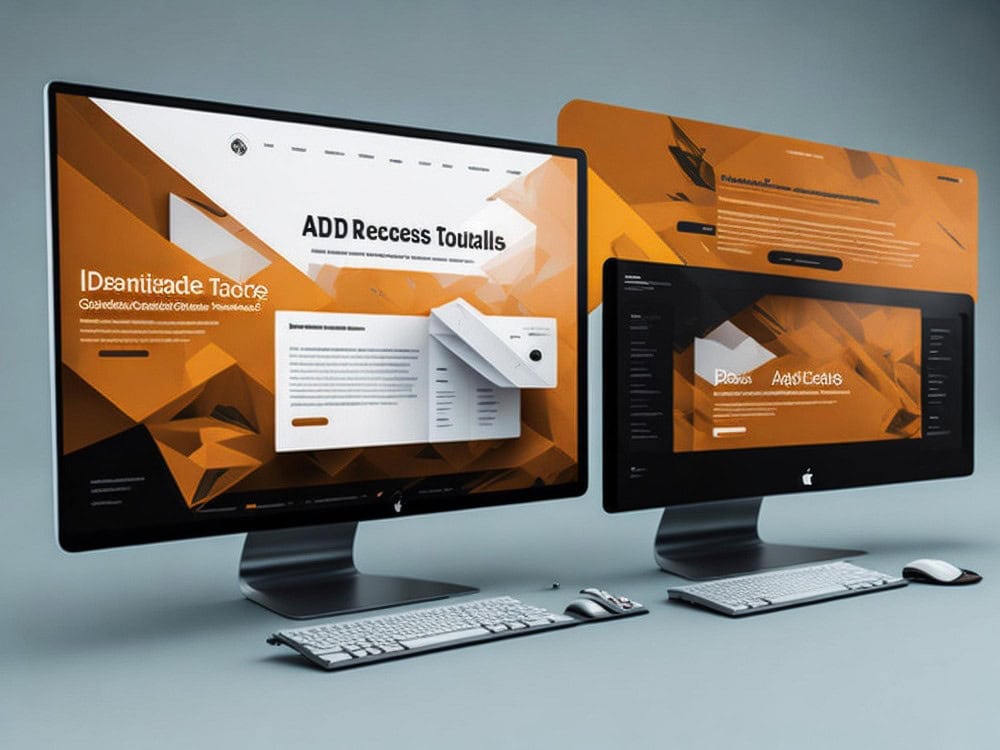
In the dynamic world of digital marketing, Pay-Per-Click (PPC) advertising stands out as a fundamental strategy for online businesses aiming to increase visibility and drive targeted traffic to their websites. Unlike traditional advertising, where costs are incurred based on the exposure of the ad, PPC advertising allows businesses to pay only when someone actually clicks on their ad. This model offers precise control over advertising budgets and provides direct insight into the effectiveness of ads.
Understanding PPC Advertising
PPC advertising is centered around the concept of bidding for ad placement in search engine results or on websites that agree to host advertisements. Here’s how it typically works: businesses select keywords relevant to their products or services and bid on these keywords in a competitive auction. When a user searches for these keywords, the search engine processes the bids and displays ads based on factors like bid amount and ad quality.
There are several types of PPC ads:
- Search Ads: These are text ads shown among search engine results when specific keywords are searched.
- Display Ads: Typically image-based, these ads appear on various websites targeted towards a specific audience.
- Social Media Ads: Found on platforms like Facebook and LinkedIn, these can be customized to a highly specific demographic.
- Remarketing: These ads target users who have previously visited your website, aiming to bring them back to complete a transaction.
Key platforms for PPC advertising include Google Ads, Bing Ads, and various social media sites. Each platform offers unique advantages, depending on your business type and the audience you aim to reach.
Setting Up a Successful PPC Campaign
To launch a successful PPC campaign, start with a clear understanding of your target audience. Defining who your customers are, what they need, and how they search for solutions is crucial. This information will guide your keyword research, which can be aided by tools like Google Keyword Planner or SEMrush. Effective keywords are those that your potential customers are likely to use but are not overly competitive to keep costs reasonable.
Next, crafting compelling ad copy is essential. Your ads should clearly state what makes your product or service unique, include a call to action, and use emotional or logical appeals to engage potential customers. Choosing the right ad format is also critical. For example, if you’re selling a visually appealing product, display ads might be more effective than text-based search ads.

Budgeting and Bidding Strategies
Deciding on a budget and choosing the right bidding strategy are pivotal in managing a PPC campaign. You can opt for cost-per-click (CPC), where you pay for each click on your ads, cost-per-mille (CPM), where you pay per thousand impressions, or cost-per-acquisition (CPA), where you pay when an ad leads directly to a sale or a specified action. Budget management in PPC involves setting a daily or monthly cap to ensure you don’t overspend. It’s recommended to start small, analyze the performance of your ads, and then adjust your spend based on the results. For bidding, consider automated strategies like Google’s Enhanced CPC, which automatically adjusts your bids to maximize conversions.
Monitoring and Optimizing PPC Campaigns
Once your PPC campaign is live, monitoring and optimization become crucial. Key metrics to track include Click-Through Rate (CTR), Conversion Rate, and Quality Score. CTR indicates the percentage of viewers who click on your ad, providing insight into how appealing your ad is to your target audience. Conversion rate measures the percentage of clicks that result in a desired action, such as a purchase or sign-up, which helps gauge the effectiveness of the ad in driving meaningful actions. Quality Score, a metric used by Google, reflects the relevance and quality of your ads and keywords, affecting both your ad placement and cost per click.
Advanced PPC Techniques
To further enhance your PPC campaigns, consider incorporating ad extensions, which can increase an ad’s click-through-rate by showing additional information about the business, such as contact details, additional webpage links, or product highlights. Geo-targeting allows you to refine where your ads appear based on users’ locations, which is especially useful for local businesses. Ad scheduling optimizes when your ads run, focusing on the times when potential customers are most active.
Integrating PPC with other digital marketing strategies can also yield better results. For example, aligning your content marketing with your PPC ads can ensure a cohesive message across platforms. SEO and PPC are particularly complementary since visibility in both paid and organic search results can significantly increase your brand’s authority and capture more traffic.

Common Challenges and Solutions in PPC Advertising
PPC advertising isn’t without its challenges; high competition in popular keywords can dramatically increase costs, while ad fatigue—where users ignore ads due to overexposure—can decrease effectiveness. To combat these issues, it’s crucial to keep ads fresh and closely monitor the performance of each keyword. Additionally, adopting strategies like using long-tail keywords can reduce costs and increase ad relevancy. Another common challenge is adapting to changes in advertising platform algorithms, which can alter ad performance unpredictably. Staying informed through industry blogs, forums, and news can help you anticipate and react to these changes effectively.
Conclusion
PPC advertising is a powerful tool for online businesses, capable of driving significant traffic and conversions quickly. By understanding the basics, setting up well-structured campaigns, and continuously optimizing based on performance data, businesses can achieve substantial returns on their investment. However, success in PPC requires patience, flexibility, and a willingness to experiment.





